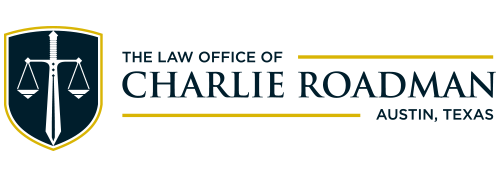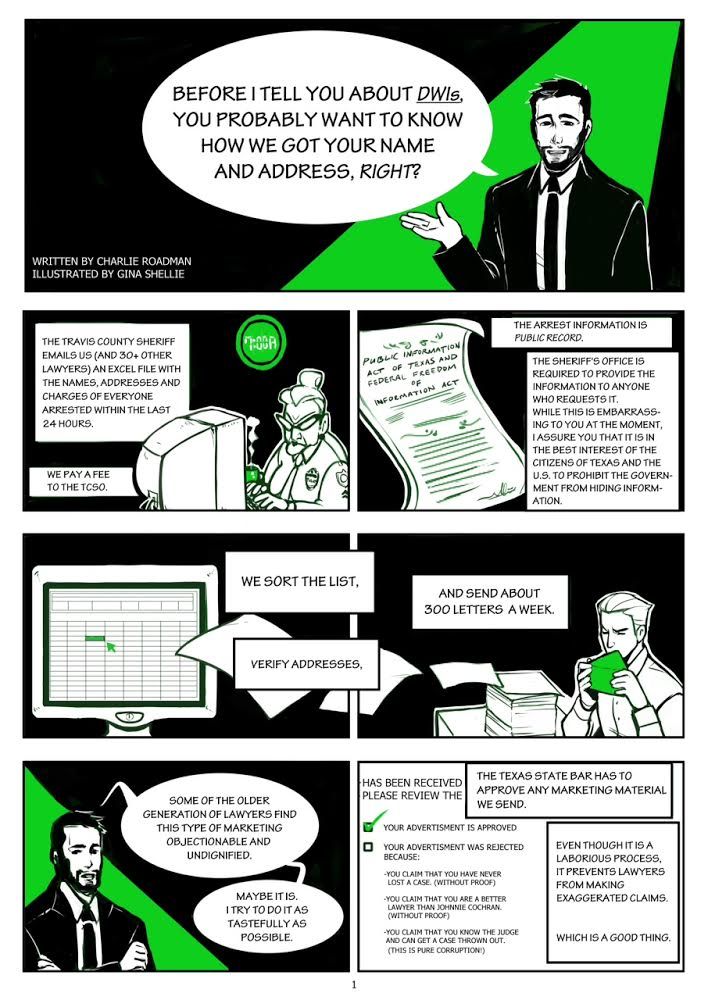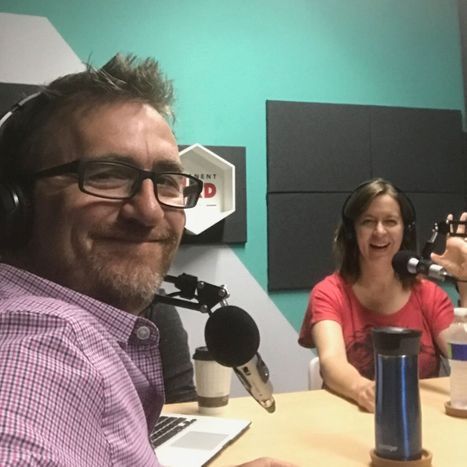DWI Classes and Programs
CES Evaluation
What is the CES Evaluation?
It is an evaluation that is typically required when someone is arrested for a case that involves alcohol, drugs, or violence. The evaluation is done by Travis County counselors. They decide which counseling classes should be done by the defendant while the case is pending or while on probation.
Find more information about the CES evaluation here.
CES Evaluation
MADD Victim Impact Panel
What is the MADD Victim Impact Panel Class?
The MADD Victim Impact Panel (VIP) program helps DWI offenders understand the long-term effects of substance-impaired driving. In these sessions, victims and survivors share their personal stories of how impaired driving crashes impacted their lives.
Find more information about the MADD Impact Panel class here.
MADD (Victim Impact Panel) Class
12 Hour DWI Education Course
What is the 12-Hour DWI Education Course?
The DWIE class is a mandatory educational course for most individuals arrested for DWI (Driving While Intoxicated) in Texas. It consists of 12 hours of instruction. The most common format is four hours per day over three consecutive days, typically Friday, Saturday, and Sunday.
Find more information about the 12-Hour DWIE course here.
12-Hour DWI Education Course
32-Hour DWI Intervention Course
What is the 32-Hour DWI Intervention Course?
The 32-Hour DWI Intervention Class is a program typically for individuals who have been arrested for a second DWI. It may also be required if there are indications of an alcohol problem, as identified by the authorities. The 12-Hour DWI Education Class is the first level, while the 32-Hour DWI Intervention Class is the second level, intended for more serious or repeat offenses.
Find more information about the 32-Hour DWI Intervention course here.
32-Hour DWI Intervention Course
Intensive Out Patient Program (IOP)
What is the Intensive Out Patient Program (IOP)?
The Intensive Out-Patient counseling program is used to address substance abuse and/or other mental health issues. The client gets intensive help in a group structure without having to live in the facility. Typically an IOP is required by the judge/prosecutor if there is significant evidence of substance/alcohol abuse. The next step up from an IOP is "In-patient" - where the client lives at the facility.
Find more information about the IOP course here.
Intensive Out Patient Program (IOP)
Private Therapy on a Criminal Case
Why is counseling important in criminal cases?
Counseling is often required in criminal cases, especially when the court mandates specific programs related to the charge, such as anger management or alcohol treatment programs. Completing these programs and receiving a certificate of completion plays a significant role in the legal process.
Find more information about private therapy pertaining to criminal cases here.



